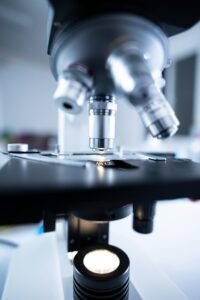Recent water sampling has revealed medium levels of fecal bacteria in Coastal Bend beaches, highlighting concerns about beach safety. Although this discovery is part of routine beach maintenance, it raises significant questions about water quality and public health.
The Impact of Tropical Storm Alberto
Tommy Shilts from the Surfrider Foundation explained that following Tropical Storm Alberto, water samples from two out of three tested locations showed medium levels of enterococci bacteria commonly found in fecal matter. According to the Blue Water Task Force data, medium bacteria levels were detected at Padre Balli Beach and the north JP Luby Surf Park location, while the south JP Luby location showed low bacteria levels.
Understanding Water Contamination
“These tests let us know what’s in the runoff, including fecal matter, pesticides, and other contaminants that can stream down,” Shilts said, emphasizing the importance of regular water testing. A study by Environment America found that 90% of Texas beaches experienced at least one day of unsafe fecal contamination, underscoring the widespread nature of this issue.
Routine Testing and Safety Measures from Fecal Bacteria
Shilts highlighted that the Surfrider Foundation conducts regular testing to maintain water quality. “We have a couple of tools we use to test for salinity, pH, and turbidity, which measures the clarity of the water,” he explained. This ongoing testing is crucial for identifying and addressing potential health risks.
Advice for Beachgoers
Jace Tunnel, Director of Community Engagement at the Harte Research Institute, advised beachgoers to prioritize safety, especially after significant weather events. “Bacteria levels will increase for three to five days following heavy rainfall, so we advise people not to enter the water during this period,” Tunnel said. This caution is essential for preventing exposure to harmful bacteria.
Fecal Bacteria Continuing Monitoring
Despite the minimal impacts from Hurricane Beryl, Shilts confirmed that the foundation would continue its monitoring efforts. “We test every Thursday at all three sites, and our results are released on Friday,” he said. This consistent testing helps inform the public about water quality and potential health risks.
The recent findings of medium-level fecal bacteria in Coastal Bend beaches highlight the need for ongoing water quality monitoring and public awareness. By understanding the sources and impacts of contamination, we can take steps to ensure safer beach environments for everyone.

